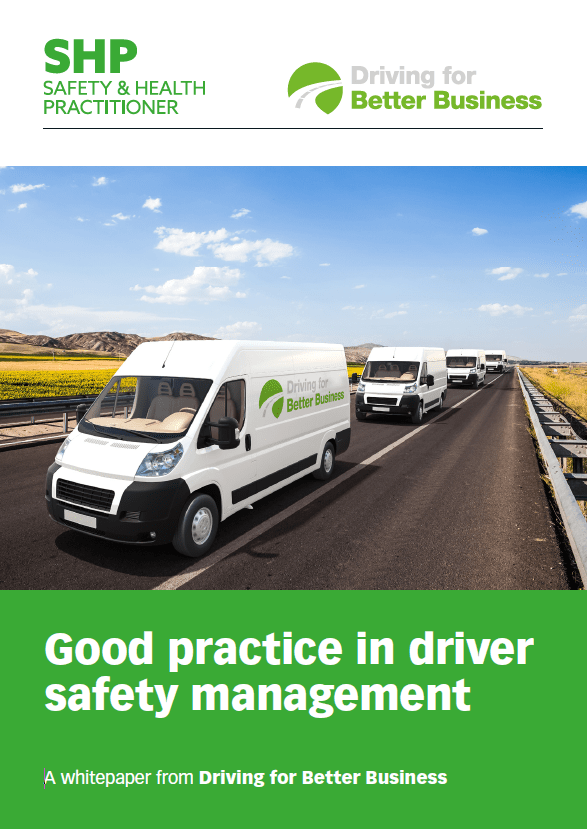
During a recent business trip to Thailand it became obvious that using the roads would require higher levels of concentration than I had been used to. And those concentration levels would also be required on the pavement – at 8 am on my first day walking to work along a busy pavement, I had to swerve to avoid a scooter!
I looked first at the rider who seemed to expect people to move out of his way. I say ‘his’ as this part was clear due to a lack of helmet protection covering his head. Then I looked at the other pedestrians for the supporting looks of disgust, but nothing! Clearly this was a regular occurrence and these forms of commuters had interacted many times before. I found myself thinking “this is how it works here” and “they’re alive”. Who is Bird? And what was that ‘triangle’ thing?
Back to the roads…. Amongst the inner city areas of Bangkok, as with other major cities, traffic invariably moves slowly. However, in Bangkok this reduction in speed does not seem to have reduced the number of road traffic incidents. Across Thailand there are on average 12,000 road deaths a year, which is four times as many when compared to the UK. Considering the UK and Thailand have similar sized populations, this leads us to question why? Certainly it would not be fair to compare the countries based on my walk to work. There are differences in how the figures are calculated and the types of vehicles used. Either way, and in all the statistics I looked at, there is a significant increase in road risk in Thailand when compared to the UK. Therefore an important question is, ‘how do you reduce that risk for you and your organisation’?
World Health Organisation statistics show approximately 70 per cent of road deaths by user are motorised two or three wheelers. It also shows interestingly only 27 per cent of motorcyclists wear helmets. To be honest, I was amazed to read this. As I sat enjoying the local delicacies and watching the ‘wind in the motorcyclist’s hair’ go by, I did not see too many helmets. Considering the law is clear and all motorcyclists should wear helmets the question may be around enforcement.
Of course your organisation should include a section on road risk and suitable controls within any policy. This should adopt all the good practice used within the UK as well as any considerations that need to be taken locally whilst working abroad. One point for inclusion could be…. when using a taxi, ensure it has four wheels!
Other Links
Foreign office
https://www.gov.uk/foreign-travel-advice/thailand/safety-and-security
WHO, Global Status Report on Road Safety
http://whqlibdoc.who.int/publications/2009/9789241563840_eng.pdf
 Ian Cooke is programme manager for health, safety, environment and facilities management at International Workplace. He worked for a leading health and safety examination board and went on to audit training centres. He has experience of health and safety consultancy within the UK and as an external examiner for accredited qualifications. He is a member of IOSH and CIMA.
Ian Cooke is programme manager for health, safety, environment and facilities management at International Workplace. He worked for a leading health and safety examination board and went on to audit training centres. He has experience of health and safety consultancy within the UK and as an external examiner for accredited qualifications. He is a member of IOSH and CIMA.
Ian Cooke is speaking at the IOSH conference on the 16 June.
This eBook will guide you through some of the key understandings you need to be able to manage driver safety effectively and, at the end, provide a series of free resources you can access to help you ensure your own driver safety management system is robust, legally compliant and in line with industry-accepted good practice.
Download this eBook from Driving for Better Business and SHP to cover:
- Why do we need to manage driver safety?
- Duty of care – a shared responsibility;
- Setting the rules with a driving for work policy;
- Managing driver safety;
- Ensuring safe vehicles;
- Safe journeys and fitness to drive;
- Record keeping;
- Reporting;
- The business benefits of good practice;
- Additional resources


 Ian Cooke is programme manager for health, safety, environment and facilities management at International Workplace. He worked for a leading health and safety examination board and went on to audit training centres. He has experience of health and safety consultancy within the UK and as an external examiner for accredited qualifications. He is a member of IOSH and CIMA.
Ian Cooke is programme manager for health, safety, environment and facilities management at International Workplace. He worked for a leading health and safety examination board and went on to audit training centres. He has experience of health and safety consultancy within the UK and as an external examiner for accredited qualifications. He is a member of IOSH and CIMA.